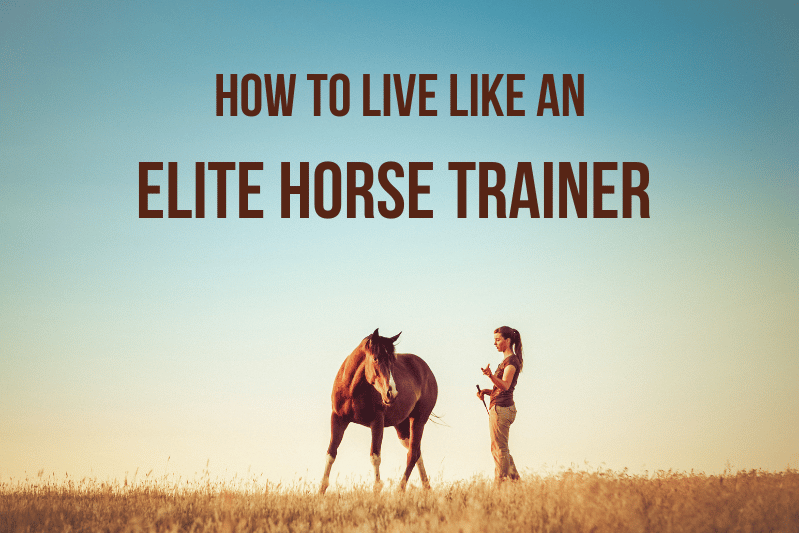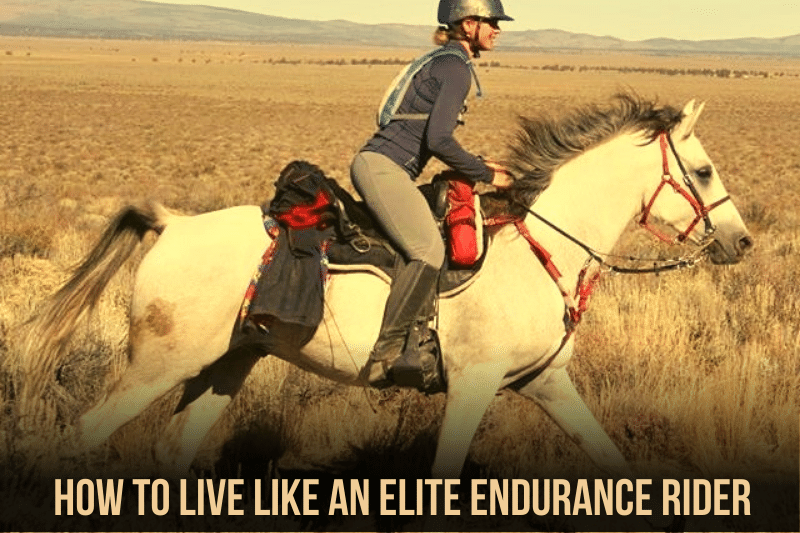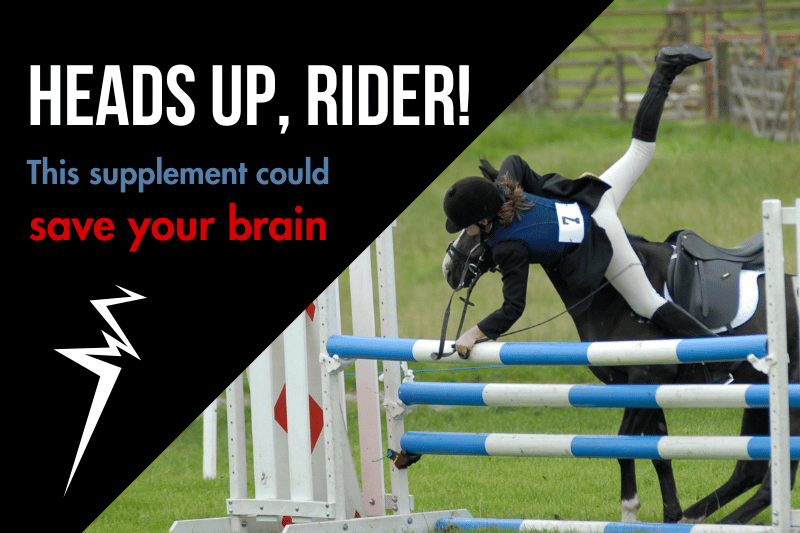Horse training is an endless journey. The more I learn, the less I feel like I know! But I wonder: How well could my horses perform if I intentionally lived like an elite horse trainer What new tools could I put in my toolkit if I committed to training horses like it was my job?
What is an Elite Horse Trainer?
For my purposes, an “elite horse trainer” is not a celebrity horseman or big money-winner at shows. Rather, I’m picturing those reputable, local pros who turn out solid horses and have a steady supply of referred and returning clients.
I want to explore the habits and mindsets that help those trainers succeed, then adapt them to my reality.
Horse Training in the Real World
Of course, nobody is paying me to train my own horses. I earn my money elsewhere, which means my time is limited. I have no indoor facilities — not so much as a barn aisle, let alone a covered arena. In winter, there is no safe footing anywhere. I also lack the experience that comes from having trained hundreds of horses.
On the other hand, I’m a voracious learner with good timing, feel, and seat (except when bucking downhill. I don’t do bucking downhill). I can spend about 2 hours per weekday and 8 hours per weekend day on training and conditioning my horses. I have all the tack I need, a round corral, and a 90’ x120’ outdoor arena. I can ride on nearby irrigation roads or haul 40 minutes to trails as soon as the ground is dry enough.
Characteristics of an Elite Horse Trainer
So, what are the characteristics of an elite horse trainer that I can apply despite my limitations…perhaps even because of them?
Getting Out There, No Matter What
Elite trainers don’t have the option of skipping training sessions. They have client horses lined up in the barn and more waiting to fill those stalls. They’re committed to putting in the time, even when it’s unpleasant, if they want to keep their reputations and paychecks intact.
When it comes to that level of consistency, my biggest challenges are weather and footing. I really get stuck when there’s no escape from the rain, wind, ice, and mud, and the footing everywhere is slick as snot. In winter, there are a lot of days when moving my horses’ feet just ain’t gonna happen.
I accept that. However.
There must be something I can do to mimic the elite characteristic of putting in the work, no matter what.
Even if it’s just practicing Bella’s head-down cue or asking Ledger for a few hindquarter yields, there’s always opportunity for tiny check-ins. If I make those a regular thing, my horses will be closer to an appropriate headspace when we are finally able to put in a real lesson.
Here’s another advantage: The more I ask my horses to focus on me despite nasty conditions, the more confident we’ll be when competition day dawns with a gale. Working in sideways slush won’t be novel, which is a very good thing.
Teaching the Horse More Than It "Needs to Know"
Many of us have a bad habit of training just to the point that we feel safe(ish) pointing our horses down the trail. After that, we take a “just needs miles” approach to continued “training.” As a result, many of our horses are perpetually green by broader equestrian standards.
Elite horse trainers don’t do that. They wouldn’t be elite if they sold their clients short by failing to progress beyond the basics. A solid foundation isn’t enough. If I want a really safe horse — and I mean safe for his future as well as my daily ride — I need to build the house.
There’s no reason my endurance horses shouldn’t know how to halfpass, roll back, pop over crossrails, and perform at all gaits on a loose rein. Lateral and vertical suppling pay dividends when they’re high at the start or weary near the finish. Cross-training in dressage or western pleasure builds both topline and interest. Plus, a light, responsive horse is lovely to ride in any discipline.
Balancing Groundwork and Ridden Work
Elite trainers continue groundwork beyond the basics that are necessary for getting into the saddle. Have you ever watched what they can do with their own horses? Liberty, ground tying, obstacles, sending…it’s pretty cool.
When we feel progress under saddle, we tend to lose sight of groundwork. It’s so much sexier to work on lead changes! But if ridden work is the hot new thing, groundwork is the sweet hometown girl who will never let you down.
For me, building in groundwork is mostly a time challenge. With limited hours available and a commitment to get my horses fit for 50s, it’s always tempting to put in the miles…and put off groundwork.
My solution is to intentionally build short groundwork lessons into my horses’ warmups. A bit of sidepassing in hand or backing around corners really only takes a few minutes, and the payoff in connection is worth it
Planning Clearly but Applying Flexibly
The mark of an elite horse trainer is her ability to come to each lesson with a plan, but adapt seamlessly to suit the needs of the horse. She knows what concepts the horse needs to learn and her method for teaching them, but she observes the individual’s reactions and flexes in response.
I use a couple guidelines that help me imitate this characteristic:
If it isn’t easy, it isn’t time. This is my reminder to break a concept into smaller parts if my horse is struggling. If he isn’t getting it, I need to identify the missing piece and build it in. When I get it right, the hard lesson will become easy.
Deal with it now. I try really hard not to give in to the temptation to let undesirable behavior pass because I’m in a rush or have other plans. I can only expect my horse to be as consistent as I am. Giving up a few conditioning miles to focus on standing still for mounting or walking toward home will pay off for years. Totally worth it.
Generously Applying High Expectations
Elite trainers don’t feel guilty for asking a horse to work, learn, and work at learning.
High expectations, kindly but firmly enforced, enable the horse to achieve a relaxed and confident mental state. They invite his intellect to engage in a fulfilling partnership. They also secure his future, making him less likely to end up in dangerous hands should he ever move on from my care.
To live like an elite trainer is to give my horses a gift. Hard physical and mental work, especially when shared, brings out the best in us all.




Thank you for another wonderful article!! I am adopting this to my life!!
Yay! I can’t wait to hear how it goes!
Thank you for the reminders!